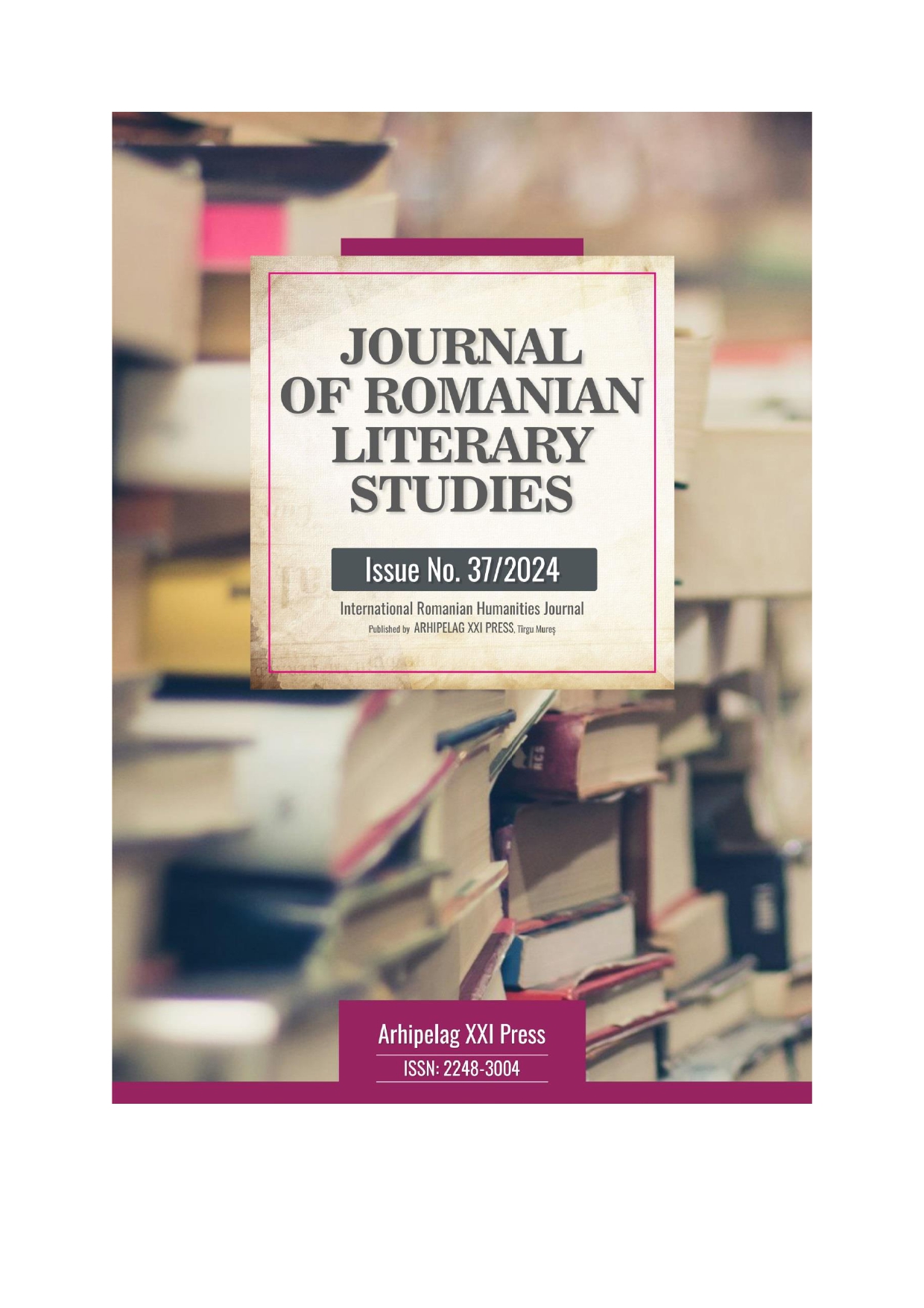AID TRANSPARENCY AND THE IMPACT OF THE DONOR-RECIPIENT PARTNERSHIP IN AFRICA
AID TRANSPARENCY AND THE IMPACT OF THE DONOR-RECIPIENT PARTNERSHIP IN AFRICA
Author(s): Raveena ParbhooSubject(s): Governance, Political behavior, Political economy, Political psychology, Politics and communication, Politics and society, History and theory of political science, Sociology of Politics, Corruption - Transparency - Anti-Corruption
Published by: Editura Arhipelag XXI
Keywords: Good Governance; Partnership; Transparency; Donors; Aid;
Summary/Abstract: The past two decades are reviewed to see how transparent donors have been and how it has impacted their partnership with recipient nations in Africa. Their partnership plays an essential role in how aid is implemented. Corruption in resource-rich African countries is often linked to transparency and accountability. There has been an ongoing development process to lift living standards across the continent for decades. This paper examines the role of donors in promoting or preventing transparency in aid-dependent countries. It finds that while donor efforts have been significant, they often face limitations due to local context and lack of transparency. The donor-recipient relationship's power imbalance is a significant factor in aid effectiveness. Donors can influence projects and impose conditions, but recipient countries lack ownership. This imbalance can lead to disappointing or sustainable aid outcomes. This paper investigates the governance gap and the relationship between good governance, accountability, and transparency of donors. One of the most important areas in which to increase aid is transparency in operations. An index is provided to evaluate and classify donors according to the transparency of their aid efforts through ranking and assessing donors' transparency in aid delivery. This is done by providing a comprehensive understanding, which can enhance transparency research in recipient countries when combined with conceptualization and operationalization.
Journal: Journal of Romanian Literary Studies
- Issue Year: 2024
- Issue No: 37
- Page Range: 924-934
- Page Count: 11
- Language: English

